Once highly appreciating the influence of American democracy, the Chinese intellectual class is gradually losing faith in the election in the "arch-rival" country.
| Many people, especially Chinese intellectuals, have had a significant change in their perception of the US presidential elections and the political system of their "arch-rival" country. (Source: SCMP) |
The presidential election and the debate between candidates about the "American dream" have long attracted the attention of Mandy Huang, a financial worker in her 40s in Beijing. Her positive view of the US political system has remained while she worked in Beijing as an investment banker, closely following the heated political race in Washington and studying the potential impacts on China's
macroeconomy . "I started following US elections during the Bill Clinton era. At that time, American democracy was shining like a halo," she recalled. However, at present, Mandy Huang's views have changed quite a bit. She sees this year's "two-horse" race as very different from the 2000s when "ideals of freedom and democracy" were represented quite positively, even in federal elections. Many Huang said her interest in American politics had waned significantly since mid-2019, after then-President Donald Trump launched a trade war with China and promoted an “America First” approach to international affairs. Like Many Huang, a consultant in his 50s who works for a leading American consulting firm in Beijing also said his views had changed significantly. “Before, people admired American values, but now the views have turned to skepticism – even viewing the election as a joke.” Many people, especially Chinese intellectuals who have spent many years studying abroad, have significantly changed their perceptions of US presidential elections and the entire political system of their “arch-rival” country. A recent survey found that many Chinese people believe that former President Trump's victory, Washington's hostile policies toward Beijing, and internal political divisions are the main factors that have made them less interested in the US election. Many people have a skeptical view of the US political system. Liu Yawei, head of the Carter Center, which compiles research on China's views on the US, described the election process in Washington as "a chaotic scene" this year alone, with two assassination attempts on Republican presidential candidate Donald Trump and the Democratic Party's last-minute switch from President Joe Biden to Vice President Kamala Harris. "It's all very complicated, so I think the election is like being in a fog or stuck in a state of confusion," he said. According to Liu Yawei, the focus of the American people on the election is mainly on who is elected, rather than on how the political system will become more transparent or improve. “The main concern is still the views and influence of the elected person on US-China relations. The US presidential election is less than 20 days away,” he said. According to a study published in the
Proceedings of the US National Academy of Sciences in April 2024, poor pandemic management is partly to blame for a “significant decline” in Chinese public support for the US election from 2019 to 2022. The study – conducted by researchers from Princeton, Peking University, the University of British Columbia in Canada, and the Chinese Academy
of Sciences – found that Chinese public support for the US dropped rapidly from 1.2 to 0.9 on a scale of 0 to 3 from December 2019 to July 2020, and dropped to 0.6 in October 2022. In the study, 0 represents “very unfavorable” while 3 represents “very favorable.”
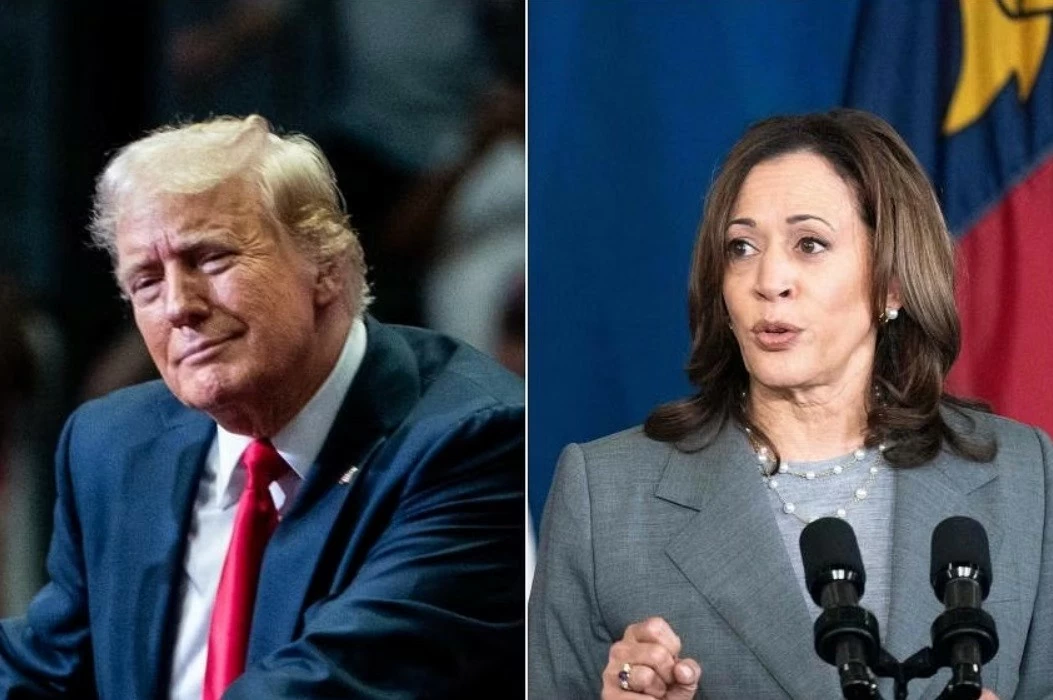 |
| Weibo's readership of the 2024 US election peaked on September 11, right after the debate between candidates Donald Trump and Kamala Harris. (Source: AFP) |
Zhao Jia, 42, a technology company executive in Beijing, said she has followed American political races since the Clinton-Bush presidency and admired aspects of American democratic elections. But this time, she felt confused because "the issues being discussed have become more politicized, like immigration policy or abortion." Meanwhile, on the other hand, for some, the US presidential election is having an indirect benefit for the Chinese people, contributing to changing the Northeast Asian country's view of Western politics. According to Liu Yawei, since 2008, he has observed that the Chinese people have become more interested in and gradually recognized the American political system, especially when Barack Obama was elected, becoming the first black president in a country with a long history of racism - a moment that Liu Yawei said was "quite exciting for many people". "The recognition of the US as a democratic country has been consolidated in China. If US democracy is fake, how could Obama have been elected?" he said. At that time, the relationship between the two sides was also considered quite stable when President Bill Clinton signed the US-China Relations Act in 2000, Washington paved the way for Beijing to join the
World Trade Organization (WTO) and the number of Chinese students studying in the US increased exponentially. “What is truly impressive is not the US electoral system, but the fact that it has maintained this system for so many years, becoming
the world’s oldest democracy with a written constitution,” said a Chinese political scientist. The fact that candidates from different parties — such as Presidents George W. Bush and Bill Clinton — can put the constitution above party interests is a “very rare and valuable trait,” he said. Still, the 2016 election was a turning point when Donald Trump was elected president. The decline in perceptions of the US has been directly proportional to the growing rivalry between the two superpowers in recent years. While Chinese state media largely refrained from covering the US election campaign, coverage of the election was heavy on Chinese social media platforms. News coverage of Republican candidate Donald Trump - a figure considered "both reckless and interesting" - has far surpassed that of Democratic candidate Kamala Harris on Chinese social media. On October 16, a topic related to Donald Trump received more than 931,000 discussions and 2.87 billion views on Weibo. In contrast, a topic related to Kamala Harris received only 27,000 discussions and 54 million views. Weibo's readership of the 2024 US election peaked on September 11, right after the debate between Donald Trump and Kamala Harris. Clearly, topics related to the White House race on Chinese social media are providing Chinese people with more multi-dimensional perspectives on American-style politics and democracy. "The diverse channels on social media platforms have helped Chinese people have a more realistic view of the two-horse race on the other side of the Atlantic," said Zhao Jia, CEO of a Beijing-based technology company.
Baoquocte.vn
Source: https://baoquocte.vn/bau-cu-my-duoi-goc-nhin-cua-tang-lop-tri-thuc-trung-quoc-khi-vang-hao-quang-dan-phai-nhat-290552.html



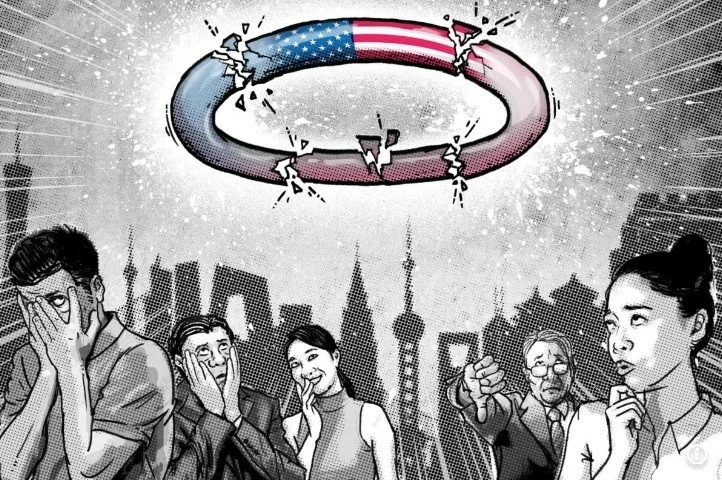






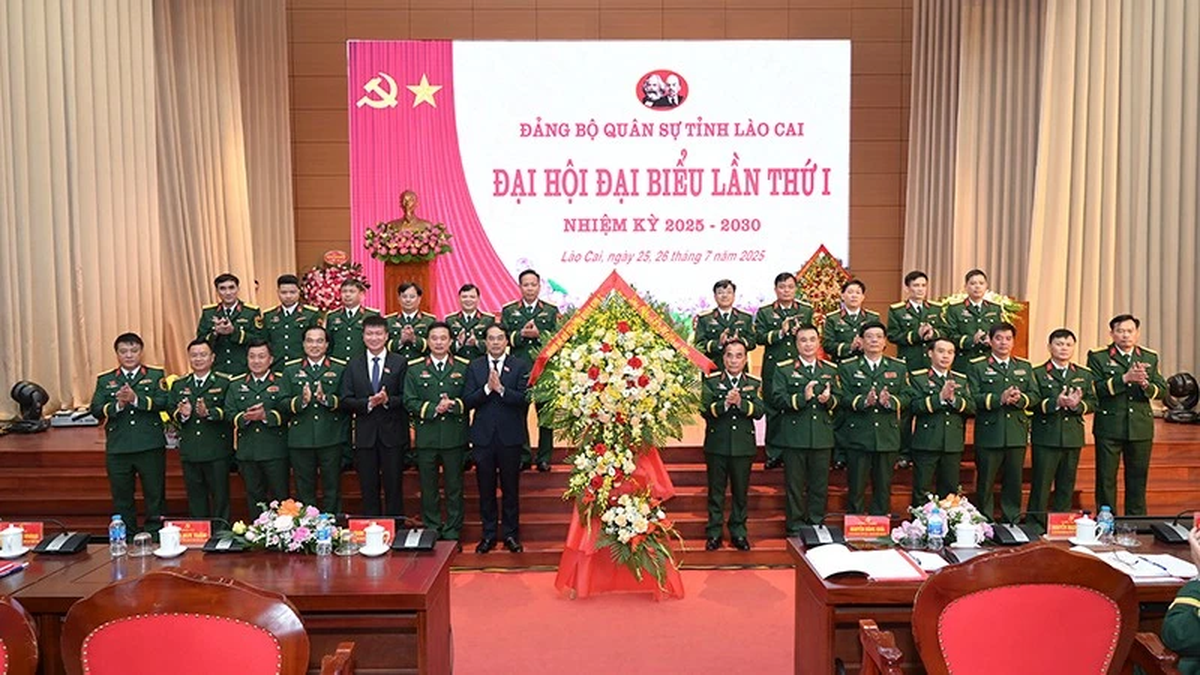

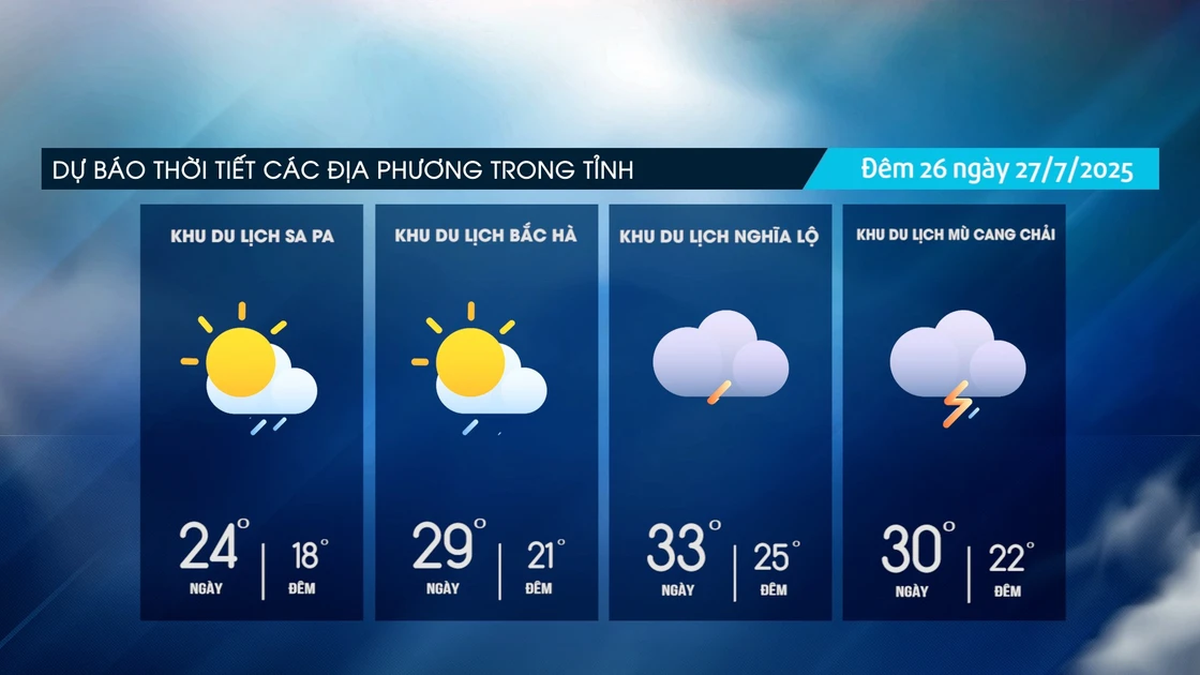

























































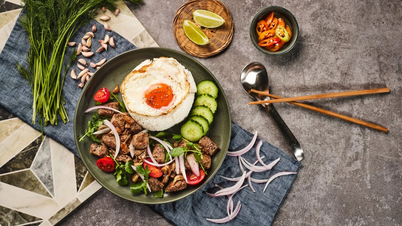






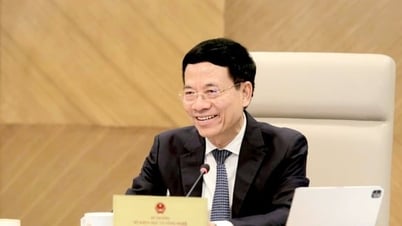


























Comment (0)